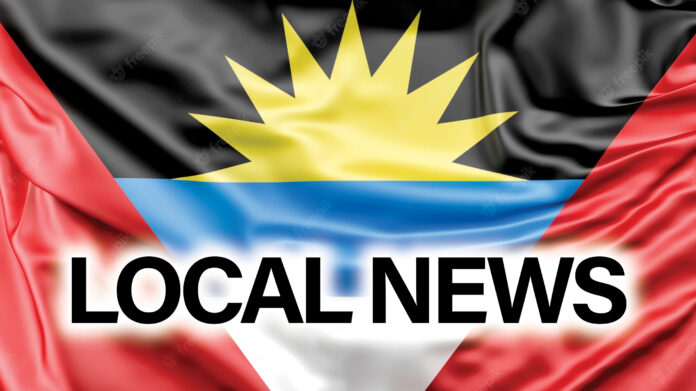By Orville Williams
In order to benefit more from the multi-billion-dollar global ‘Orange Economy’, one political aspirant is calling for a change in attitude across the board.
The Orange Economy is defined as the trade in creative goods and services and, according to Connect Americas, includes all sectors whose goods and services are based on intellectual property: architecture, visual and performing arts, crafts, film, design, publishing, research and development, games and toys, fashion, music, advertising, software, TV and radio, and videogames.
Also referred to as the Creative Economy, it is considered the fourth-largest labour force with nearly 150 million workers and, measured in trillions of dollars, it would also be the fourth-largest economy in the world after China, Japan and the United States, if it were a country.
The crux of this description is that there is a tremendous opportunity for countries, particularly those with limited natural and capital resources, to utilise their human resources to – among other things – reduce unemployment, stimulate growth and diversify their economies.
However, according to Chaneil Imhoff, spokesperson for the Democratic National Alliance (DNA), Antigua and Barbuda is one of the countries failing to take proper advantage of the opportunity.
“I don’t think that we are, and that’s all politics aside. As somebody who is intimately involved in the Orange Economy, I can say that there’s a lot of work to be done [both] here and elsewhere,” she said.
Imhoff was addressing the issue on Observer AM yesterday, and explained that there are some old-fashioned principles that need to be adjusted in order for the country’s potential to be realised.
“It’s not something that is widely recognised. [For example], some of our parents who [hear] ‘I want to be a graphic designer, I want to be a visual artist, I want to be a performing artist’ [from their children] – ‘that’s not a real job’, that’s the first thing you hear [from the parents in response].
“So, outside of the lack of investment from government and [different] administrations, you have that sort of mindset that a lot of more mature folks have. But the young people have definitely embraced the idea of being a part of the Orange Economy, and I think that is huge,” she added.
Several countries – predominantly large ones like India, the United Kingdom and the United States – have embraced the Orange Economy in its entirety, and have long been reaping the rewards.
They consistently churn out talent across the varying sectors and invest in the necessary infrastructure to maintain and improve, which put them head and shoulders above the rest of the world with respect to the financial and other similar benefits.
The Orange Economy has been touted as the ‘next frontier’ for the Caribbean after the region saw the demise of its agriculture and manufacturing sectors over several decades, and has been forced to depend on a profitable but vulnerable tourism sector.
Imhoff is in agreement with that projection and spoke on the numerous opportunities that could arise as a result.
“One such opportunity is that of economic diversification. We are a tourism-dependent country [and] this reality constantly exposes us to regular and adverse economic shocks – volatility caused by climate change, natural disasters, security risks and the list goes on.
“As such, being able to formally consolidate and grow an industry we currently possess – because it’s not something that we have to make from scratch … creativity exists all throughout Antigua and Barbuda – would enable less dependency on an unpredictable sector, while simultaneously building capacity in a more resilient industry that is more immune to existential realities.
“No matter how many hurricanes pass, no matter how many pandemics [come], creations of the mind can seldom be destroyed,” Imhoff declared.
Antigua and Barbuda is – like many other Caribbean countries – already involved in the Orange Economy, though to a lesser extent than some of the countries mentioned previously. This, by way of architecture, music, fashion, film production and performing arts, as well as other subindustries.
There have been calls though, for more work to be done to build out the necessary framework for the recognition and management of intellectual property, which is a vital component of the Orange Economy.

